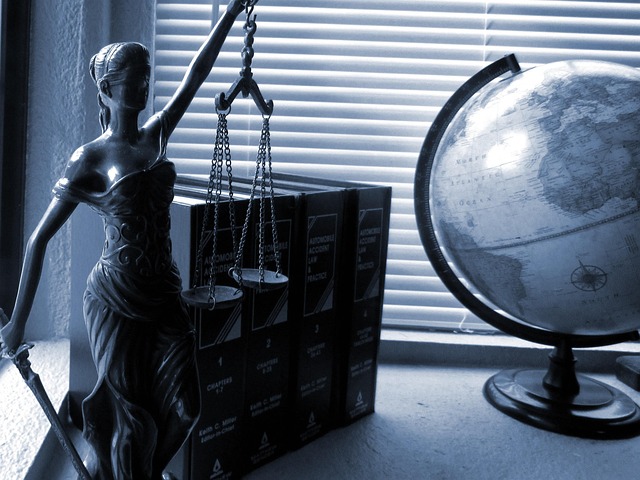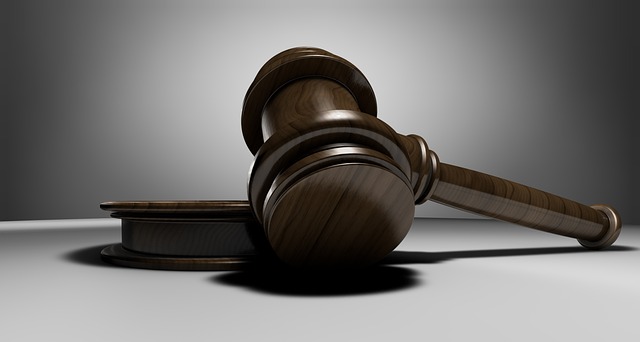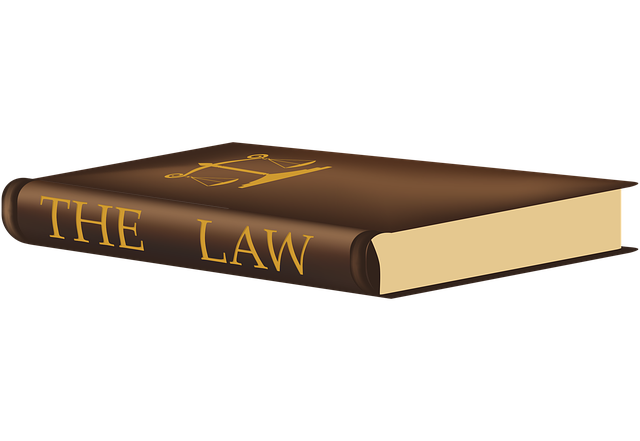Whistleblower Protection Laws (WPL) safeguard disclosures of unethical activities, creating complex legal scenarios when employers retaliate. Resolving breach of contract disputes under WPL demands meticulous scrutiny of agreed-upon terms and obligations, balancing integrity with legal constraints. Strategic approaches involving robust legal arguments and evidence review are crucial for positive outcomes. Engaged legal counsel interpret contracts, assess claims, and develop industry-specific strategies, enhancing defenses and persuasive arguments. Organizations can choose between negotiation or litigation, aiming for swift resolutions or definitive court rulings based on evidence, respectively.
Whistleblower protection lawsuits are crucial for ensuring individuals can expose illegal or unethical activities within organizations without fear of retaliation. This article guides you through the intricacies of whistleblower protection laws, focusing on understanding key legal concepts and practical strategies. We explore evaluating breach of contract claims, effective legal approaches for disputes, and efficient resolution methods through negotiation and litigation. Learn how to navigate these complex issues and resolve breach of contract disputes successfully.
- Understanding Whistleblower Protection Laws
- Evaluating Breach of Contract Claims
- Legal Strategies for Disputes
- Resolving Cases Through Negotiation & Litigation
Understanding Whistleblower Protection Laws
Whistleblower Protection Laws (WPL) are designed to safeguard individuals who expose illegal or unethical activities within their organizations. Understanding these laws is crucial for both whistleblowers and employers, as they delineate rights and responsibilities in cases of breach. When a whistleblower believes their employer has violated WPL by retaliating against them for reporting wrongdoing, it often leads to complex legal scenarios.
Employers should be aware that these lawsuits are typically handled differently from general criminal defense cases. The focus shifts to protecting the whistleblower’s rights and ensuring they can achieve extraordinary results in winning challenging defense verdicts. Navigating How to Resolve Breach of Contract Disputes within WPL requires a strategic approach, where both parties strive for a resolution that respects the integrity of the disclosure process while adhering to legal constraints.
Evaluating Breach of Contract Claims
Evaluating breach of contract claims is a nuanced process that demands careful consideration of the specific terms and conditions agreed upon by both parties. In whistleblower protection lawsuits, where individuals expose illegal activities within their organizations, understanding the scope of contractual obligations becomes paramount. To resolve these disputes effectively, legal teams must analyze the nature of the alleged breach, examining whether the defendant failed to fulfill a promise or duty as outlined in the contract. This involves dissecting the language of the agreement, interpreting it within the context of industry standards and legal precedents.
A strategic approach to handling breach of contract claims is crucial for achieving extraordinary results. By thoroughly reviewing the evidence and employing robust legal arguments, whistleblowers can navigate these complex cases successfully. It’s not uncommon for these disputes to lead to challenging defense verdicts, underscoring the importance of a well-prepared strategy. Ultimately, avoiding indictment and winning such cases hinge on meticulous attention to detail, a deep understanding of contractual obligations, and the ability to present a compelling narrative that justifies the whistleblower’s actions.
Legal Strategies for Disputes
When navigating whistleblower protection lawsuits, understanding effective legal strategies is paramount. The first step for both corporate and individual clients alike involves meticulously reviewing the contract to identify any clauses related to dispute resolution. Many contracts include provisions specifying arbitration or mediation as preferred methods of resolving breaches of contract disputes, which can offer advantages in terms of cost and speed compared to litigation.
For complex cases, engaging experienced legal counsel is crucial for crafting robust defenses. Attorneys can help interpret contract language, assess the strength of claims, and develop strategies tailored to the respective business interests at stake. By combining a deep understanding of both the law and the industry, lawyers can assemble compelling arguments and present them persuasively in court or during alternative dispute resolution processes. This approach increases chances of achieving winning challenging defense verdicts for corporate and individual clients alike.
Resolving Cases Through Negotiation & Litigation
When it comes to resolving whistleblower protection lawsuits, especially those involving breaches of contract disputes, there are two primary avenues: negotiation and litigation. Negotiation offers a more amicable and quicker resolution where both parties work together to reach a mutually agreeable outcome. This approach is particularly effective when the relationship between the whistleblower and the organization needs to be preserved or restored. It allows for confidentiality agreements, enhanced ethical guidelines, and better future compliance, all of which can be beneficial for both sides.
On the other hand, litigation involves taking the case to court, where a judge or jury decides the outcome based on the evidence presented. While this process can be more time-consuming and costly, it provides a clear resolution in cases where negotiation fails or when significant legal violations are at play. The goal is often not just financial compensation but also sending a strong message across the country about the sanctity of whistleblower protections, which may lead to a complete dismissal of all charges in extreme cases, demonstrating the importance of upholding these laws and encouraging future whistleblowers.
Whistleblower protection lawsuits are complex, but understanding and employing the right legal strategies can lead to successful resolutions. By evaluating breach of contract claims, leveraging negotiation tactics, and exploring litigation options, individuals can navigate these disputes effectively. Knowing how to resolve breach of contract disputes is crucial for ensuring whistleblowers receive the protections they deserve, fostering a culture of transparency, and upholding the integrity of whistleblower protection laws.






